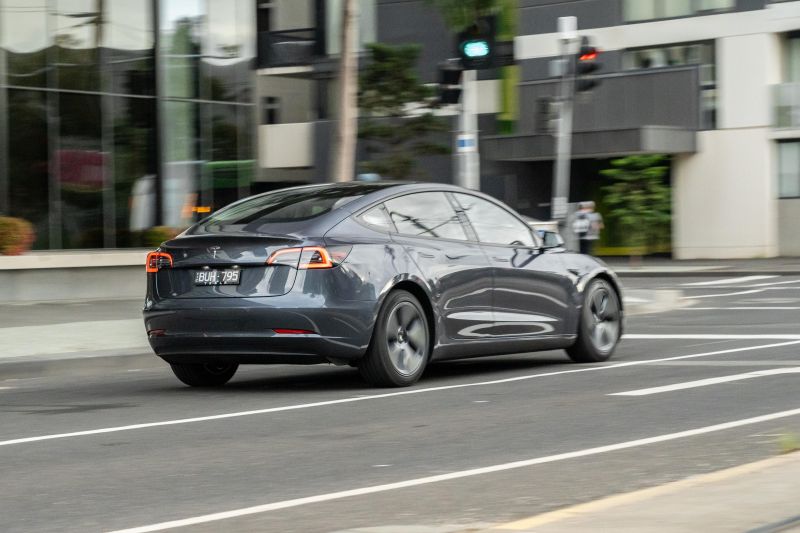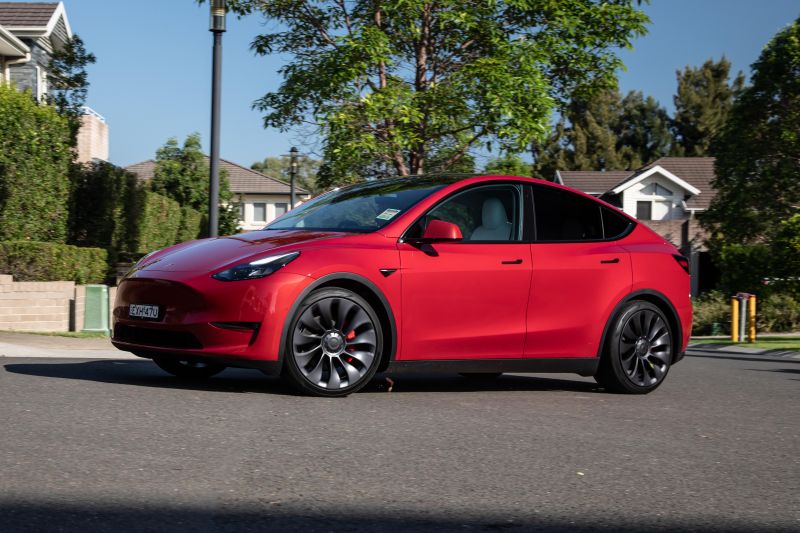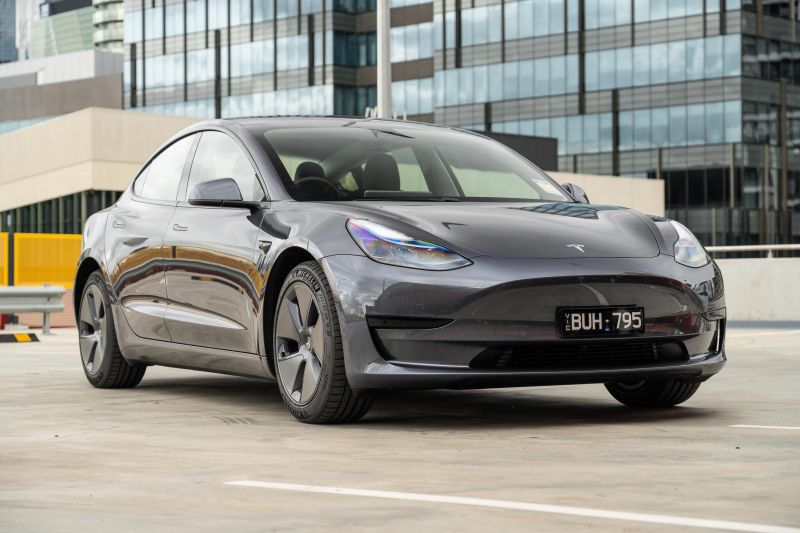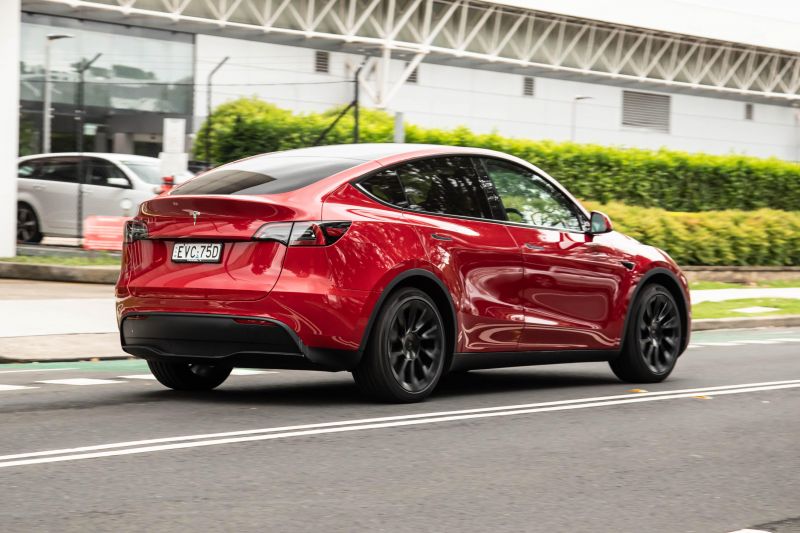Tesla has publicly accused Reuters of publishing a “manufactured” story that claims “tens of thousands” of customers have been forced to pay for premature suspension failure instead of having it covered by warranty.
The story published by Reuters on December 20 is titled “Tesla blamed drivers for failure of parts it knew were defective”.
Reuters claims it had documents, including repair reports from Tesla service centres globally, dated between 2016 and 2022 that showed the company instructed workers to tell customers the broken parts on their cars weren’t faulty.
The article also detailed various owners’ issues with suspension and steering component failure.
Reuters published an article that leads with a wildly misleading headline and is riddled with incomplete and demonstrably incorrect information.
This latest piece vaguely and nonsensically suggests there are thousands upon thousands of disgruntled Tesla customers. It’s…
— Tesla (@Tesla) December 27, 2023
One owner, Shreyansh Jain, picked up his Tesla Model Y in March this year and had the front-right suspension collapse after 185km.
Reuters reports the repair for Mr Jain’s Model Y took almost 40 hours and cost more than US$14,000 (~A$20,500). It also claims Tesla refused to cover the repairs as they were due to prior suspension damage.
In addition, Reuters reports Tesla knew of parts with high failure rates, including the front-aft suspension link and rear upper suspension link.
Tesla had reportedly denied some of the suspension problems in the US, noting it believed the failure was caused by “driver abuse”.
The carmaker had reportedly avoided a recall over the suspension failure problems for over four years, until Chinese regulators pushed for one.
As part of the recall notice from China’s State Administration for Market Regulation, as reported by Reuters, it claimed the aft-link part failure could cause a “risk of accidents”.
Tesla has previously issued a recall for suspension issues in Australia.
In December 2021, 106 examples of the 2019-2021 Model 3 sedan were recalled in Australia as the front suspension lateral link bolts may not have been tightened sufficiently. This may have caused these components to become loose or separate from the vehicle sub-frame.
Tesla reportedly claims it voluntarily recalled the aft link and another suspension part in the US following pressure from Chinese regulators.
The company reportedly disagreed with the assessment from Chinese regulators, but thought fighting the would present a “heavy burden”.
“Tesla has not determined that a defect exists in either the front suspension aft link or the rear suspension upper link and believes the root cause of the issue is driver abuse, including that driver expectation for damageability is uniquely serve in the China market,” said a Tesla lawyer in a letter to US safety regulators in 2020, as reported by Reuters.
The letter also notes if a customer hits a kerb or strikes a pothole severely the parts may become damaged.
Reuters reports Tesla engineers were still examining the aft-link failures as recently as 2022. Records reportedly note there had been multiple revisions to the part over several years, and it had fixed all the “major flaws”.
Tesla product support engineer Ralf van Gestel also reportedly presented in April 2019 the front aft-link suspension issue was the largest portion of warranty repairs globally, totalling US$1.3 million (~A$1.9 million).
In September 2020, Tesla intern Valentin Oetliker reportedly expressed alarm the part had a “high failure rate” despite a redesign.
In analysis written for other engineers, as reported by Reuters, Mr Oetliker noted “many customers” were dissatisfied at paying for the repairs in newer vehicles.
In response to this Reuters story, Tesla, which famously dissolved its PR department back in 2020, posted a lengthy message on X (formerly Twitter), which you can view above.
The US electric vehicle maker claims the Reuters story leads with a “wildly misleading headline and is riddled with incomplete and demonstrably incorrect information”.
“This latest piece vaguely and nonsensically suggests there are thousands upon thousands of disgruntled Tesla customers,” said the company in its post on X (formerly Twitter).
“It’s nonsensical because it’s nonfactual—the reality is Tesla’s customer retention is among the best and highest in the industry.”
The carmaker claims it has “telemetry” that shows Mr Jain’s Model Y was crash that caused the front-right suspension to collapse, rather than it being a defect.
“The author [of the Reuters story] has conflated a noise-related (non-safety) issue with a range of unrelated and disconnected service actions,” argued Tesla in its post on X.




